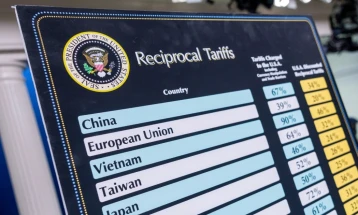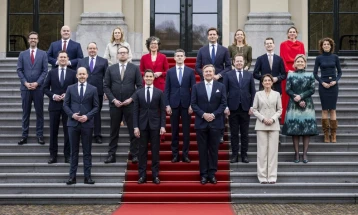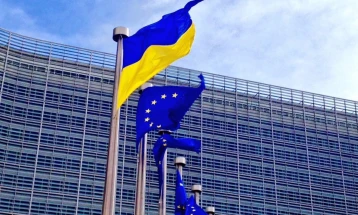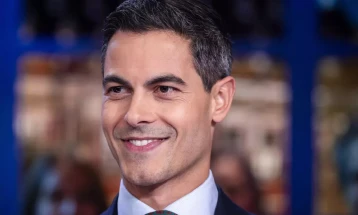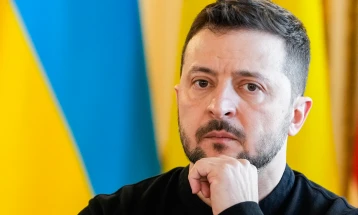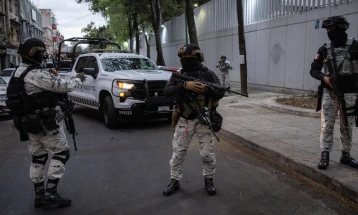NATO defense ministers to back Ukraine training and support mission
- NATO defencs ministers are in Brussels on Thursday and Friday for two days of talks to agree on a training support mission for Ukraine as well long-term financial commitments.
- Post By Magdalena Reed
- 09:08, 13 June, 2024
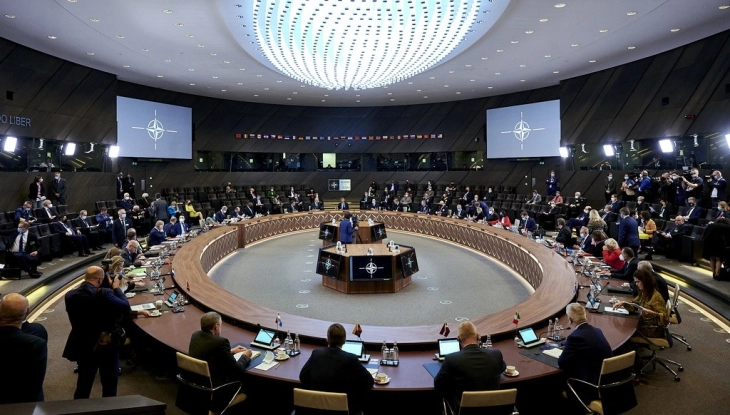
Brussels, 13 June 2024 (dpa/MIA) — NATO defense ministers are in Brussels on Thursday and Friday for two days of talks to agree on a training support mission for Ukraine as well long-term financial commitments.
In a press conference ahead of the meeting, NATO Secretary General Jens Stoltenberg urged allies to "approve a plan for NATO to lead the coordination of security assistance and training to Ukraine."
The project is a major part of a defence package for Ukraine that the 32-member alliance wants to approve at a NATO leaders' summit in Washington in July.
The aim is to transfer responsibility for coordinating military aid for Ukraine from an informal, United States-led structure called the Ukraine Defence Contact Group to the formal structures of NATO.
There are also talks ongoing between allies to seal a commitment to long-term financial support for Ukraine. Stoltenberg said previously that €40 billion ($43 billion) is needed each year for Ukraine at a minimum.
Rustem Umerov, Ukraine's defence minister, is taking part in the meeting with NATO defence ministers as part of a coordination body called the NATO-Ukraine Council.
US Defence Secretary Lloyd Austin is to chair a meeting of the US-led initiative on Thursday that has been the subject of intense discussion among allies ahead of the defence ministers' meeting.
Ahead of the gathering at alliance headquarters, NATO agreed a new name for the training mission. Instead of NATO Mission Ukraine (NMU), the initiative is to be called NATO Security Assistance and Training for Ukraine (NSATU).
Diplomats have told dpa that the new name is being seen as a victory for Germany, because it clarifies the mission is about support and training activities.
Most allies had backed the name NATO Mission Ukraine, but the German government argued that this could be misinterpreted to mean the alliance intended to send troops to Ukraine, and might be used by Russia for propaganda against the alliance.
Other allies argued that the Kremlin would condemn the NATO project in its propaganda whatever it was called.


